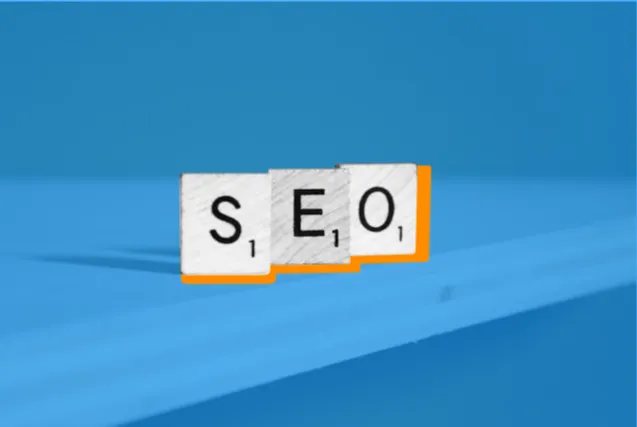slow websites can ruin your SEO.

slow websites affect user experience.
A website’s user experience plays a vital role in user engagement and satisfaction. A slow website can significantly impact user experience, resulting in decreased user engagement, longer page load times and higher bounce rates. One sure fire way of ruining your SEO efforts, is to have a high bounce rate.
increased bounce rate.
Page speed is one of the key factors that contributes to user experience. If a user visits a website with slow loading times, they are likely to leave without taking any action, resulting in an increased bounce rate. The longer it takes for a page to load, the more likely it is for users to become frustrated and abandon the site altogether.
user engagement.
This can have far-reaching consequences on user experience as well as overall website performance. Users have come to expect websites to perform quickly, with pages taking no more than 2 seconds to load before they start to feel impatient. With slowing loading speeds comes fewer visitors and less user engagement; thus reducing user satisfaction levels across all devices used by visitors.
mobile website users.
It’s even more important for mobile users who often face slower internet connections compared to desktop users when accessing website. Mobile pages need to be optimised so that they can be displayed faster on smartphones and tablets, otherwise this will lead to an even worse user experience than those encountered on desktop computers.
losing potential clients.
If the loading process of a webpage becomes too slow or unresponsive due to insufficient website hosting capacity or other technical issues, it may cause frustration among users who may decide not return in the future – leading them away from achieving their purpose when visiting your site. This creates yet another problem – creating a negative perception of your business or service offering amoung potential customers which could have been avoided by having a fast-loading page in the first place.
Follow the link for How to build customer loyalty in 2023.

slow websites with search engines.
The speed of web pages is becoming increasingly important when it comes to achieving higher rankings in search engine result pages (SERPs). Not only does a webpage’s loading time affect the user experience, but it can also have an impact on website performance as well.
Follow the link for Google PageSpeed or use Google Lighthouse to test your websites speed.
web performance tools & techniques.
Improving page loading times can involve a variety of tools and techniques, including a proper HTML headings structure, image optimisation, minifying code, caching web resources and reducing redirects – all of which play an important role in improving the overall user experience whilst also improving SERP rankings. Additionally, businesses should invest in better web hosting solutions from local providers who can provide a high level of support; thus further aiding website responsiveness and ultimately improving user satisfaction levels.
Try and avoid web builder templates like Squarespace and WIX, as they are missing vital SEO tools/features or the user simply doesn’t have access to them. Follow the link to are web builder templates bad for SEO in 2023?
conclusion.
Investing time and resources into improving website speed should therefore be at the top of any business’s agenda if they want their website user experience (UX) to remain positive while also optimising their chances of receiving more organic traffic from search engines like Google – making it essential for businesses to optimise their webpages for improved performance if they wish to remain competitive online.
want a faster website?
If you need help with your website, feel free to contact us. We offer website recovery & repair services as well as various website design, optimisation and maintenance packages to get your site back to where it should be.
Share this post